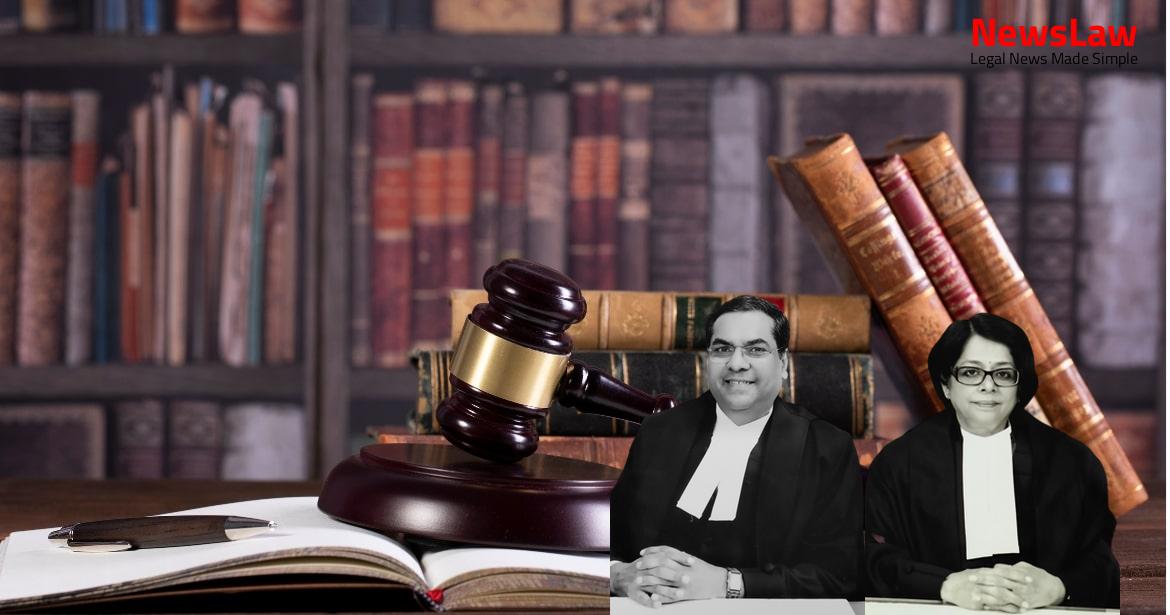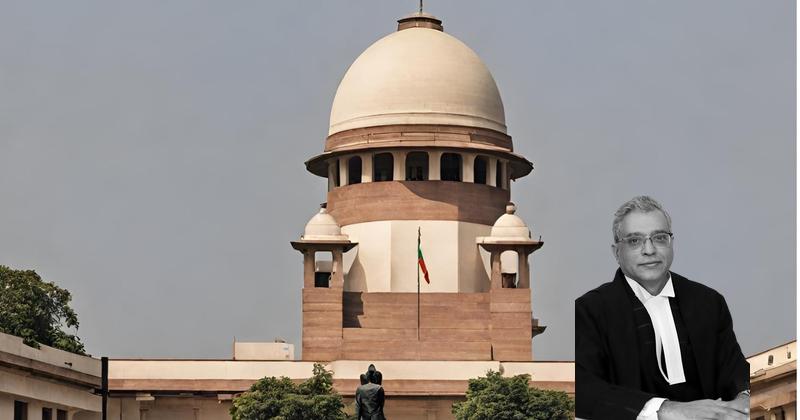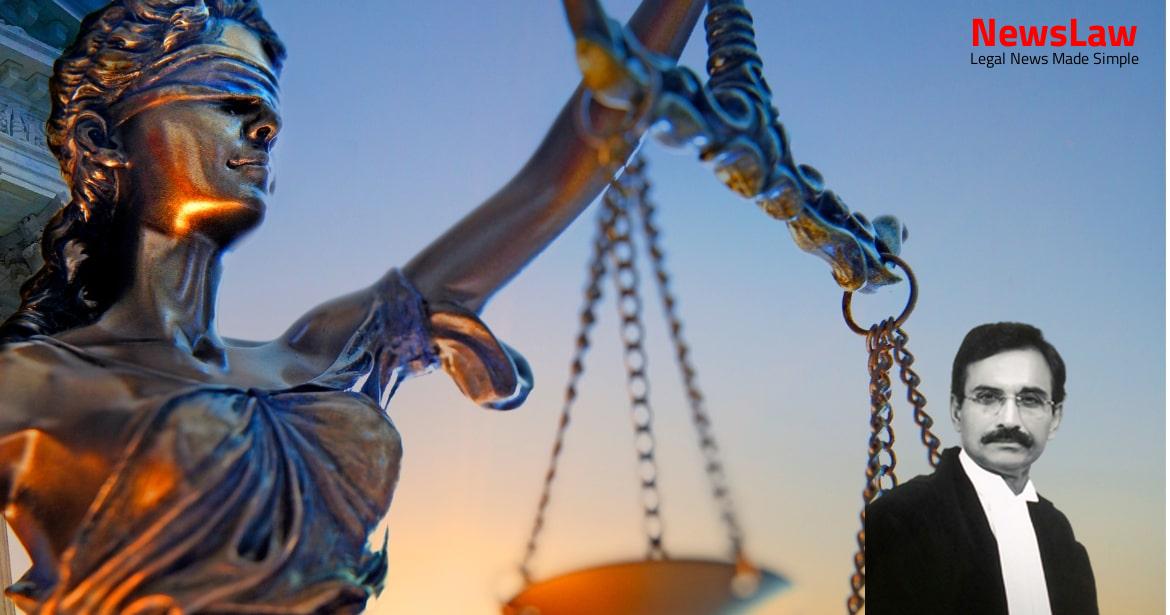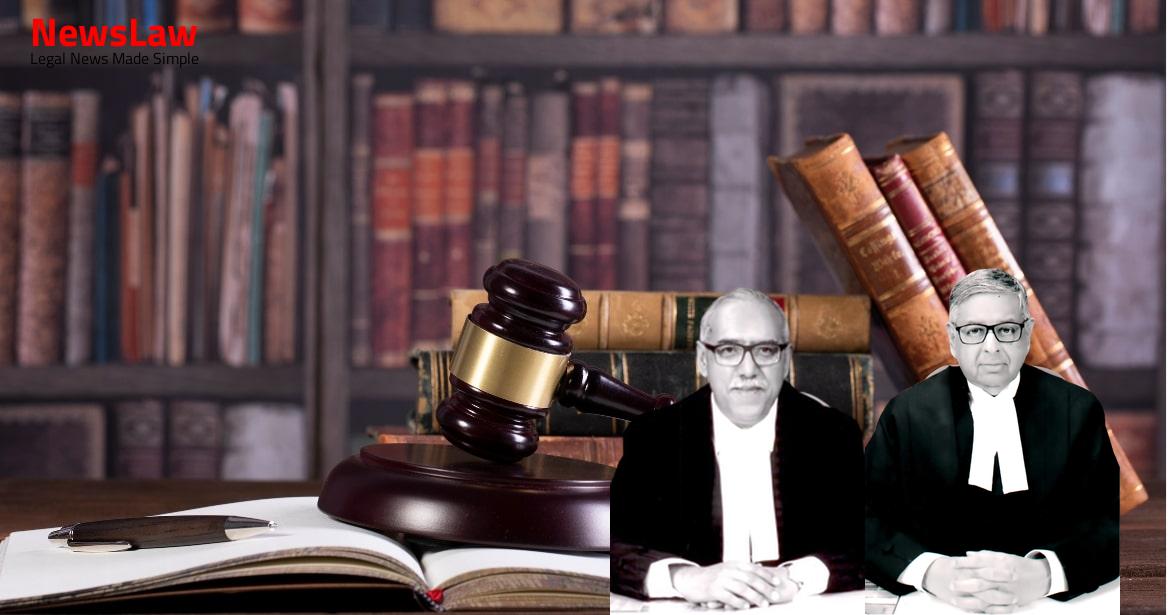In a significant ruling by the Supreme Court of India, the judgment on addressing custodial torture for the protection of human dignity has been delivered. This case underscores the importance of safeguarding human rights and ensuring justice for individuals subjected to custodial abuse. The Court’s decision marks a crucial step towards upholding the principles of justice and human dignity.
Facts
- The Attorney General for India submitted that the prayer made in the writ petition has been discussed in the Law Commission.
- The Law Commission has already made recommendations on the subject matter.
- The report of the Law Commission is being seriously considered by the Government.
- India has not ratified the UN Convention.
- Based on the above submissions, the writ petition (Civil) No 738 of 2016 was disposed of by the court.
Also Read: Judgment in the Case of Sundew Properties Ltd. v. TSERC & APTEL
Arguments
- The applicant argued that custodial torture, being a crime against humanity that directly violates Article 21 of the Constitution, should be addressed by invoking Articles 141 and 142 for the protection of human dignity.
- In the case of D.K. Basu v. State of West Bengal, custodial torture was described as a deeply painful and paralyzing act that degrades the individual.
- In the case of Sunil Batra v. Delhi Administration and Others, the court acknowledged that prisoners have enforceable liberties that should be protected from prison and police abuse.
Also Read: High Court Judgment on Renewal of Mining Leases: State of Odisha vs. Thakurani Global Processors
Analysis
- Judges have a responsibility to interpret laws within the defined limits of power, without encroaching on the legislative domain.
- The Constitution upholds the principle of separation of powers, maintaining checks and balances over each branch of the state.
- Courts can issue directions to enforce laws, set deadlines, or establish procedures, but cannot legislate.
- Legislators have the constitutional authority to enact laws, not the judiciary, ensuring the supremacy of Parliament in law-making.
- Judicial review holds the judiciary accountable to test the validity of laws while respecting the legislative function of enacting laws.
- The judiciary cannot direct the legislature to enact specific laws or alter existing legislation, as that falls within the legislative domain.
- In exceptional cases, where there is a vacuum in laws or gross human rights violations, courts may issue guidelines to fill the gap until legislation is passed.
- The doctrine of separation of powers is nuanced to allow for coordinated institutional efforts while respecting distinct roles of the three branches of the state.
- Courts can interpret laws and apply them within the constitutional framework, but should not engage in judicial legislation beyond the mandate of the Constitution.
- The government’s responsibility to the State Legislature is outlined in the Constitution through Articles 73 and 162.
- The separation of powers doctrine involves a sense of institutional comity among the legislature, executive, and judiciary.
- Judges should not create new legal principles when society or legislators are divided on issues.
- Article 245 empowers Parliament and state legislatures to enact laws after due debate.
- Judges are independent and perform constitutional functions safeguarding the Constitution without bias.
- Ratification of treaties involves political consultation and deliberation with State Governments/Union Territories.
- High Courts should observe established limitations on the power of judicial review under Article 226.
- Courts cannot direct legislatures to enact or amend laws, as this falls within the legislature’s domain.
- The judiciary operates independently and is not accountable like the political executive or elected representatives.
- Legislatures cannot nullify court judgments, nor can courts direct legislatures to invalidate laws.
- Interpretation and judicial review provide a system of checks and balances post law enactment.
- Ratification of treaties must align with relevant domestic laws for efficient compliance with international agreements.
- The process and method of legislation differ significantly from judicial adjudication.
- An arrested person has the right to inform a friend or relative of their choice about the arrest and detention.
- The police must notify the time, place of arrest, and custody venue to the next friend or relative of the arrestee who lives outside the district.
- The arrested person must be informed of their right to have someone notified of their arrest or detention.
- A diary entry must be made at the place of detention, including details of the informed next friend and the police officials in charge of the arrestee.
- At the time of the arrest, the arrestee can request an examination to record any injuries on their body.
- The applicant contends that Parliament must enact a standalone legislation based on the UN Convention.
- The prayer to direct Parliament to enact a suitable legislation is rejected.
- Courts still have jurisdiction to deal with individual cases of alleged custodial torture and pass appropriate orders.
Also Read: Arvind Kejriwal vs. Directorate of Enforcement: Interim Bail Granted by Supreme Court of India
Case Title: DR ASHWINI KUMAR Vs. UNION OF INDIA MINISTRY OF HOME AFFAIRS
Case Number: MA-002560 / 2018



